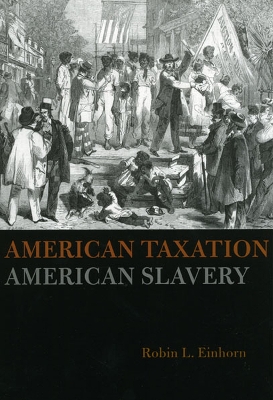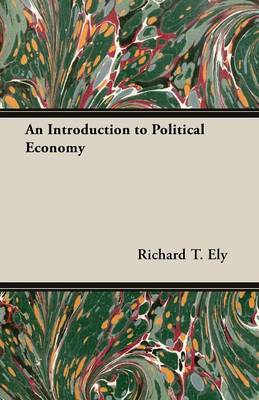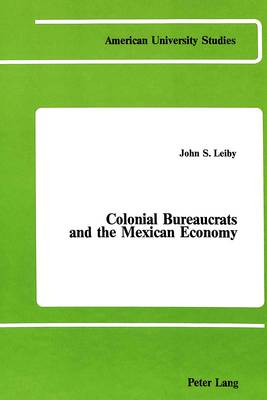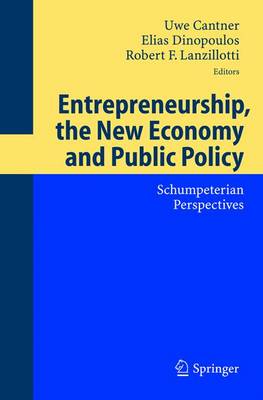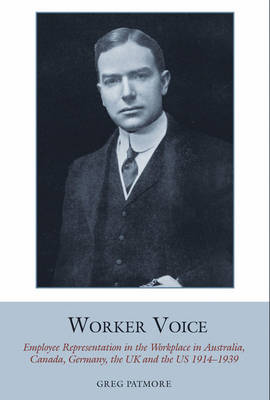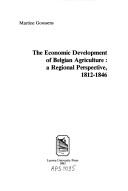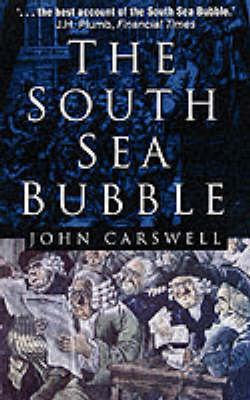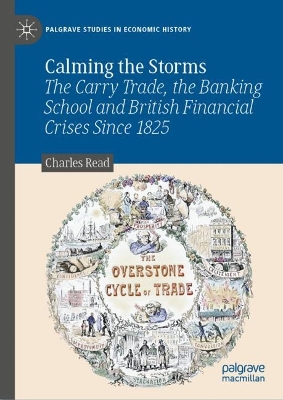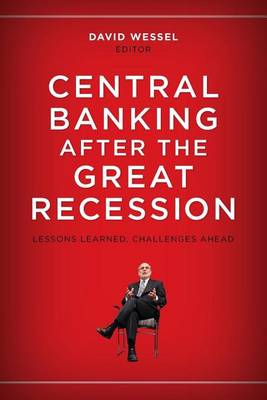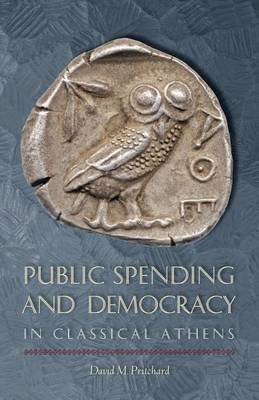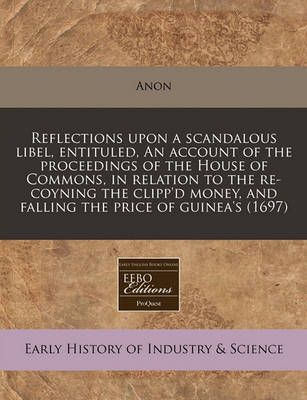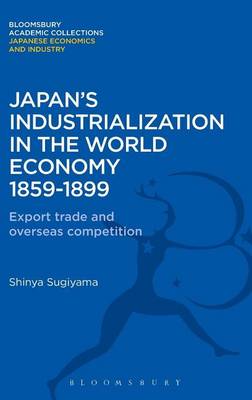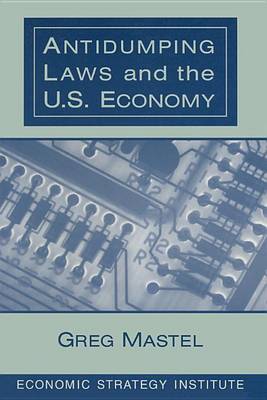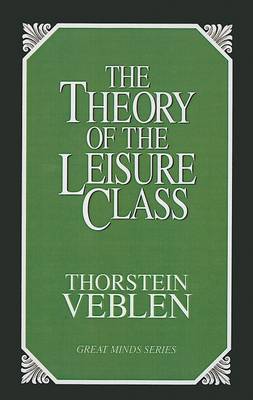Exploring the Political Economy and Social Philosophy of Vincent and Elinor Ostrom (Economy, Polity, and Society)
The interdisciplinary chapters in this volume explore and engage the work of Vincent and Elinor Ostrom, along with the Bloomington School of political economy more generally.The book emphasizes the continuing relevance of the Ostroms' work for our understanding of collective action, self-governance, and institutional diversity for interdisciplinary research in the social sciences and humanities. The wide array of topics and approaches will make the volume of interest to readers in a variety of f...
In "American Taxation, American Slavery", Robin Einhorn shows the deep, broad, and continuous influence of slavery on America's fear and loathing of taxes. From the earliest colonial times right up to the Civil War, slaveholding elites feared strong and democratic government as a threat to the institution of slavery. Einhorn reveals how the heated battles over taxation, the power to tax, and the distribution of tax burdens were rooted not in debates over personal liberty but rather in the rights...
Les Bonnier, Ou Une Famille de Financiers Au Xviiie Siècle
by Louis Grasset-Morel
Documents Diplomatiques Francais (Documents Diplomatiques Francais - Depuis 1954, Sous La Dire, #31)
Colonial Bureaucrats and the Mexican Economy (American University Studies, Series 9: History, #13)
by John S Leiby
Oxford Economics and Oxford Economists
by Warren Young, Frederic S. Lee, and Warren Dr Young
This book focuses upon the development of economics at Oxford after the establishment of PPE and the contributions of Oxford economists during the 'years of high theory' and afterwards. Students' recollections of tutorials and lectures, and their tutors and lecturers, along with examination questions and results, amongst other aspects of teaching at Oxford, are presented here for he first time. In addition, the many contributions of Oxford economists such as Harrod, Allen, Andrews, Hicks, Meade...
Entrepreneurship, the New Economy and Public Policy
by Uwe Cantner, Elias Dinopoulos, and Robert Franklin Lanzillotti
An Open Access edition of this book is available on the Liverpool University Press website and the OAPEN library. This book informs debates about worker participation in the workplace or worker voice by analysing comparative historical data relating to these ideas during the inter-war period in Australia, Canada, Germany, the UK and the US. The issue is topical because of the contemporary shift to a workplace focus in many countries without a corresponding development of infrastructure at the w...
The Economic Development of Belgian Agriculture: a Regional Perspective (1812-1846)
by M. Goossens
Vast, diverse, dynamic, and turbulent, the true nature of Africa is often obscured by its poverty-stricken image. In this controversial and gripping guide, Tom Young cuts through the emotional hype to critically analyse the continent's political history and the factors behind its dismal economic performance. Maintaining that colonial influences are often overplayed, Young argues that much blame must lie with African governments themselves and that Western aid can often cause as much harm as good...
This book assesses major schools of thought in macroeconomic theory between the Great Depression and the Long Recession, focusing on their analysis of cycles, crises and macro-policy. It explores the road from the dominance of Keynesian ideas to those of New Classical Macroeconomics (NCM) toward the end of the millennium. The book covers the early influential work of Knut Wicksell; the economic debates of the 1930s, with core contributions from John Maynard Keynes and Friedrich von Hayek; the r...
The South Sea Bubble (History/18th/19th Century History)
by John Carswell
The South Sea Bubble of 1720-1 was the first and most celebrated of all the great financial scandals. But the failure of the South Sea Company, which had undertaken to take over the National Debt, was to cause more than a catastrophic financial crisis, shattering a confident government. It invaded every aspect of British life. Its enormous international and psychological ramifications, the frenzy of speculation of the South Sea Bubble and its final crash, allow us to see every segment of society...
Calming the Storms (Palgrave Studies in Economic History)
by Charles Read
This book exposes, for the first time in modern scholarship, the role that the rise of the Carry Trade played in crises between 1825 and 1866, how in reaction the Bank of England improved its management of monetary policy after 1866 and how those lessons have been forgotten since the 1970s. Britain is one of the few major capitalist economies in the world to have avoided severe systemic financial crises for more than 100 years of its history—between 1866 and 1973. Beforehand, it suffered a serie...
Central Banking After the Great Recession: Lessons Learned, Challenges Ahead
In his On the Glory of Athens, Plutarch complained that the Athenian people spent more on the production of dramatic festivals and "the misfortunes of Medeas and Electras than they did on maintaining their empire and fighting for their liberty against the Persians." This view of the Athenians' misplaced priorities became orthodoxy with the publication of August Boeckh's 1817 book Die Staatshaushaltung der Athener [The Public Economy of Athens], which criticized the classical Athenian demos for s...
Japan's Industrialization in the World Economy:1859-1899
by Shinya Sugiyama
This volume reviews the goals, operation, and history of American antidumping laws coupled with a strategy for using those laws to promote U.S. trade policy and economic objectives in the post-Uruguay Round GATT talks.
Theory of the Leisure Class (Modern Library) (Cosimo Classics Economics)
by Thorstein Veblen
In The Theory of the Leisure Class, his first and best-known work, Thorstein Veblen challenges some of society's most cherished standards of behavior and, with devastating wit and satire, exposes the hollowness of many of our canons of taste, education, dress, and culture.Veblen uses the leisure class as his example because it is this class that sets the standards followed by every level of society. The sign of membership in the leisure class is exemption from industrial toil and the mark of suc...

